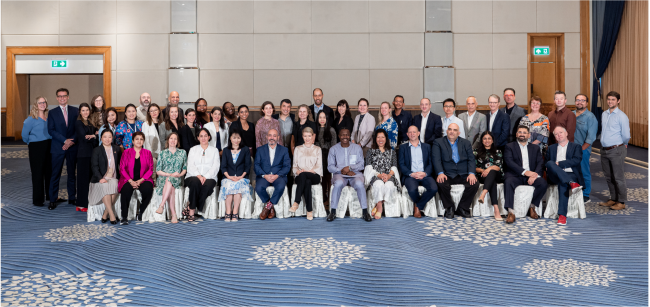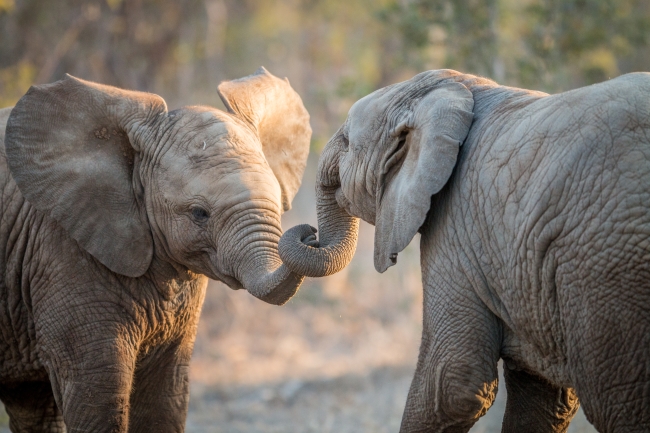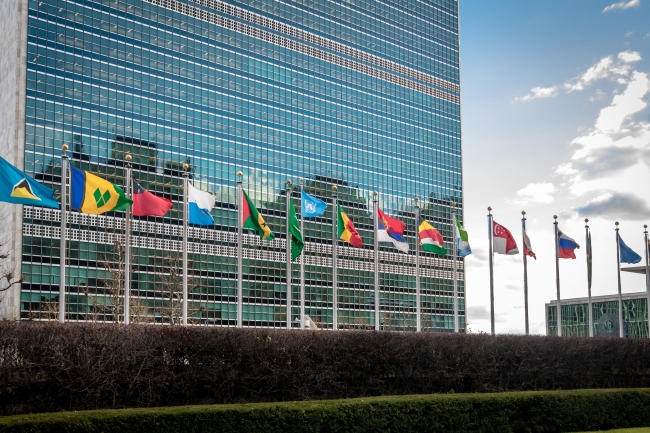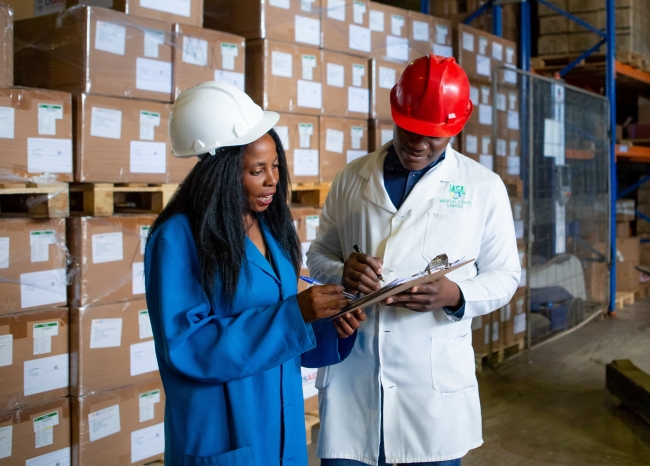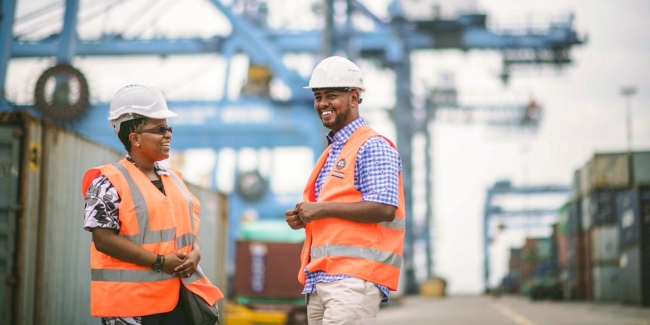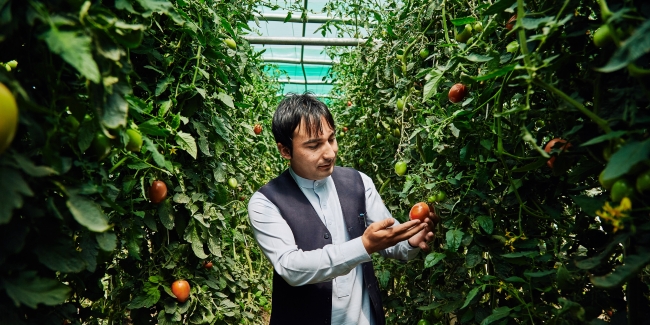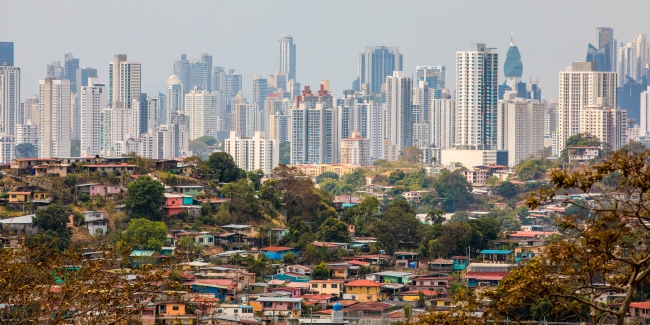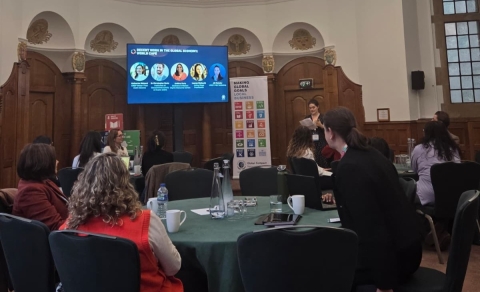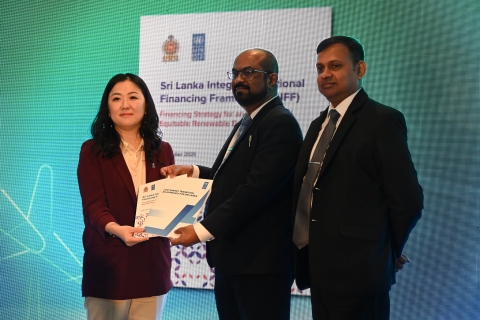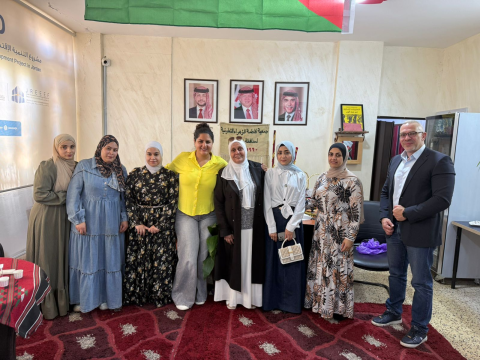UNDP identifies Africa’s investment opportunities with both financial and impact potential for people and the planet
14 JULY, 2023
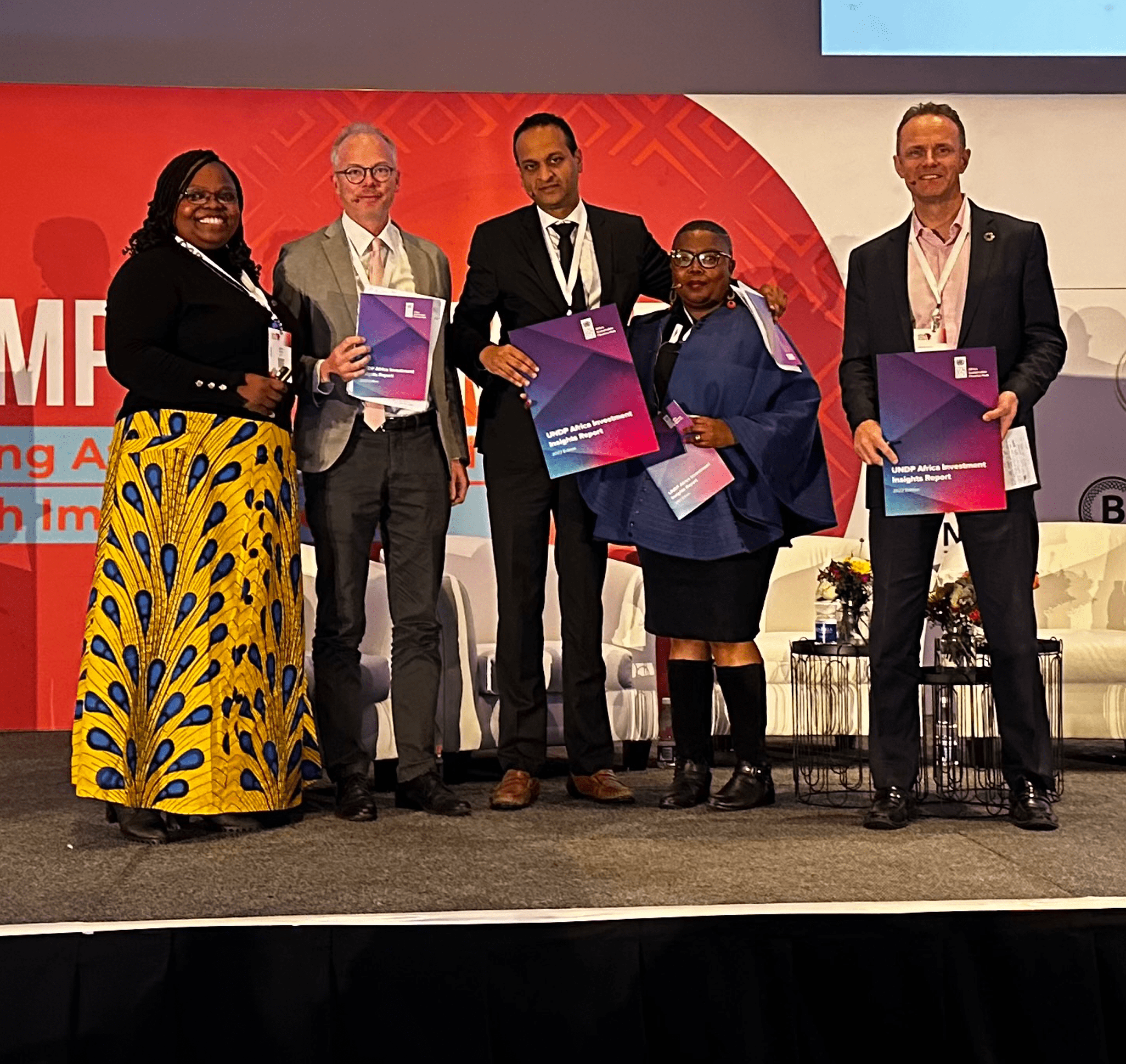
- Investment opportunities offer Internal Rate of Returns (IRRs) and Return on Investments (ROIs) of around 15-20%.
- More than half (53%) of investment opportunities identified generate a new positive outcome for stakeholders who would otherwise be underserved
- Almost two-thirds (63%) of investment opportunities require risk-sharing arrangements between public and private sectors
Cape Town: UNDP Africa Sustainable Finance Hub launched the UNDP Africa Investment Insights Report 2022 (“the Report”) which has analyzed Africa’s SDG investment opportunities, at the Africa Impact Summit today. The Report provides market intelligence on the sectors where businesses and investors can find the most financial and impact potential for people and planet. The investment opportunities discussed in the Report have lucrative indicative return profiles concentrated around Internal Rate of Returns (IRRs) and Return on Investments (ROIs) of 15-20%. Alongside this, more than half (53%) of all African investment opportunities generate a new positive outcome for stakeholders who would otherwise be underserved.
The data is based on ten African SDG Investor Maps produced as of year-end 2022. The SDG Investor Map is a market intelligence tool that identifies SDG-enabling investment themes and business models, or Investment Opportunity Areas (IOAs), which are aligned to national sustainable development needs and backed by government policy priorities. One hundred and fifty-seven IOAs in ten sectors were identified across diverse economic contexts in Eastern Africa (Kenya, Mauritius, Rwanda, Tanzania and Uganda), Southern Africa (Eswatini, Namibia and South Africa) and Western Africa (Ghana and Nigeria).
The Report’s findings can be used by investors, businesses, and policymakers to spark collaboration, innovation and ultimately create deals in sectors that have the most development impact potential for people and planet. The SDGs that Africa’s investment opportunities mostly tackle are SDG 2 – Zero Hunger and SDG 9 – Industry, Innovation and Infrastructure, both impacting 12% each of all investment opportunities.
The prominent target sectors for SDG investment opportunities across the continent are: Food and Beverage, Infrastructure, Health Care, Education, and Renewable Resources and Alternative Energy. These sectors offer strong multiplier effects for the achievement of the SDGs.
Nearly half (45%) of all investment opportunities require a five-to-ten-year timeframe to generate accumulated positive cash flows. Over a third (37%) of all investment opportunities require amounts of US$1-10 million.
Investment opportunities for Africa’s energy transition
According to the African Development Bank, Africa’s energy transition represents a US$100 billion per year investment potential and investors could cover 70% of infrastructure financing requirements. The Report found that Africa’s investment opportunities in Renewable Resources and Alternative Energy sector is abundant, as it is the fifth largest sector for investment opportunities.
Further, the indicative return profiles for this sector are among the highest where 80% of IOAs have an ROI of above 15% and all IOAs have a Growth Profit Margin of above 25%. Notably, this sector offers most small ticket size opportunities of below US$500,000, indicating opportunities for both small-scale investors and engagement by Small and Medium Enterprises (SMEs). Regionally, Western Africa has the highest market sizes for Renewable Resources and Alternative Energy opportunities of more than US$1 billion.
Overcoming challenges to investing in africa with public-private partnerships
However, the Report also highlighted the need for all parties in the economic ecosystem to come together to help realize the African SDG-enabling opportunities.
Almost two-thirds (63%) of investment opportunities require risk-sharing arrangements and public financing support to be successful, especially for last mile populations and marginalised communities. Furthermore, supply chain constraints, which affect 28% of investment opportunities are the major market risk identified for African SDG investment opportunities, followed by highly regulated markets and capital intensity of investment opportunities.
To enhance financial and impact performances, African SDG investment opportunities can leverage regional value chains and create aggregation and diversification opportunities towards regional integration on the continent, including through the African Continental Free Trade Area (AfCFTA).
To further support businesses and investors on their sustainability journeys, the UNDP has developed the SDG Impact Standards, voluntary management practice standards that embed sustainability and the SDGs at the core of decision-making.
Marcos Neto, Director, UNDP Sustainable Finance Hub commented at the launch of the report, “We are at the halfway point to the 2030 Agenda. At UNDP, we believe that to accelerate our collective efforts for a more sustainable and resilient future, all capital and activities must have the SDGs at the core. The market intelligence detailed in the UNDP Africa Investment Insights Report 2022 is part of our contribution to directing capital to where it is needed most.”
Meanwhile, Dr Ayodele Odusola, Director, UNDP Africa Sustainable Finance Hub added, “Africa poses huge investment opportunity for both domestic and international private investors, and they are ready to step in. Pension funds, as Africa’s single largest institutional investor, hold $420 billion in assets under management. This can be invested in ways that advance the wellbeing of Africa’s people and environment, while still making a profit, if done correctly. We urge investors to use the Africa Investment Insights Report 2022 to inform their investment decisions and due diligence for a more sustainable Africa.”
Additional key findings from the report include:
- Investment opportunities in Consumer Goods, Technology and Communications, as well as Services sectors indicate the quickest profitability opportunities.
- The Transportation as well as Technology and Communications sectors call for the highest investment of above US$10 million.
- Investment opportunities with the biggest market sizes, of above US$1 billion, primarily require a long-term investment timeframe of over ten years (35% of all IOAs).
- To generate return within five years, the market sizes typically reduce to US$100 million - 1 billion (64% of the IOAs).
- Investment opportunities with higher IRRs of 20-25% require investment amounts of US$1 - 10 million (18% of IOAs), indicating that investment opportunities with larger ticket sizes are more likely to generate higher returns.
Download the UNDP Africa Investment Insight Report 2022
Africa makes up a third of all SDG Investor Maps, and its in-depth data is freely available on the SDG Investor Platform.
About the United Nations Development Programme (UNDP)
As the United Nations lead agency on international development, UNDP works in 170 countries and territories to eradicate poverty and reduce inequality. UNDP helps countries to develop policies, leadership skills, partnering abilities, institutional capabilities, and to build resilience to achieve the Sustainable Development Goals. UNDP’s work is concentrated in three focus areas; sustainable development, democratic governance and peace building, and climate and disaster resilience.
About UNDP Sustainable Finance Hub
The Sustainable Finance Hub brings together UNDP’s financial expertise to harness public and private capital for the Sustainable Development Goals (SDGs)- supporting governments, investors and businesses in reaching climate, social impact and sustainability targets.
Its work drives systemic change towards a sustainable financial architecture that benefits people and the planet.
Find out more about its integrated services that ensure all finance is sustainable, at sdgfinance.undp.org
Press contacts
Jeanne Finestone
Communications Advisor, UNDP Africa Sustainable Finance Hub
Michelle Mendi Muita
Regional Programme Communications Specialist, UNDP
Gopi Kharel
Digital Communications Officer, UNDP

